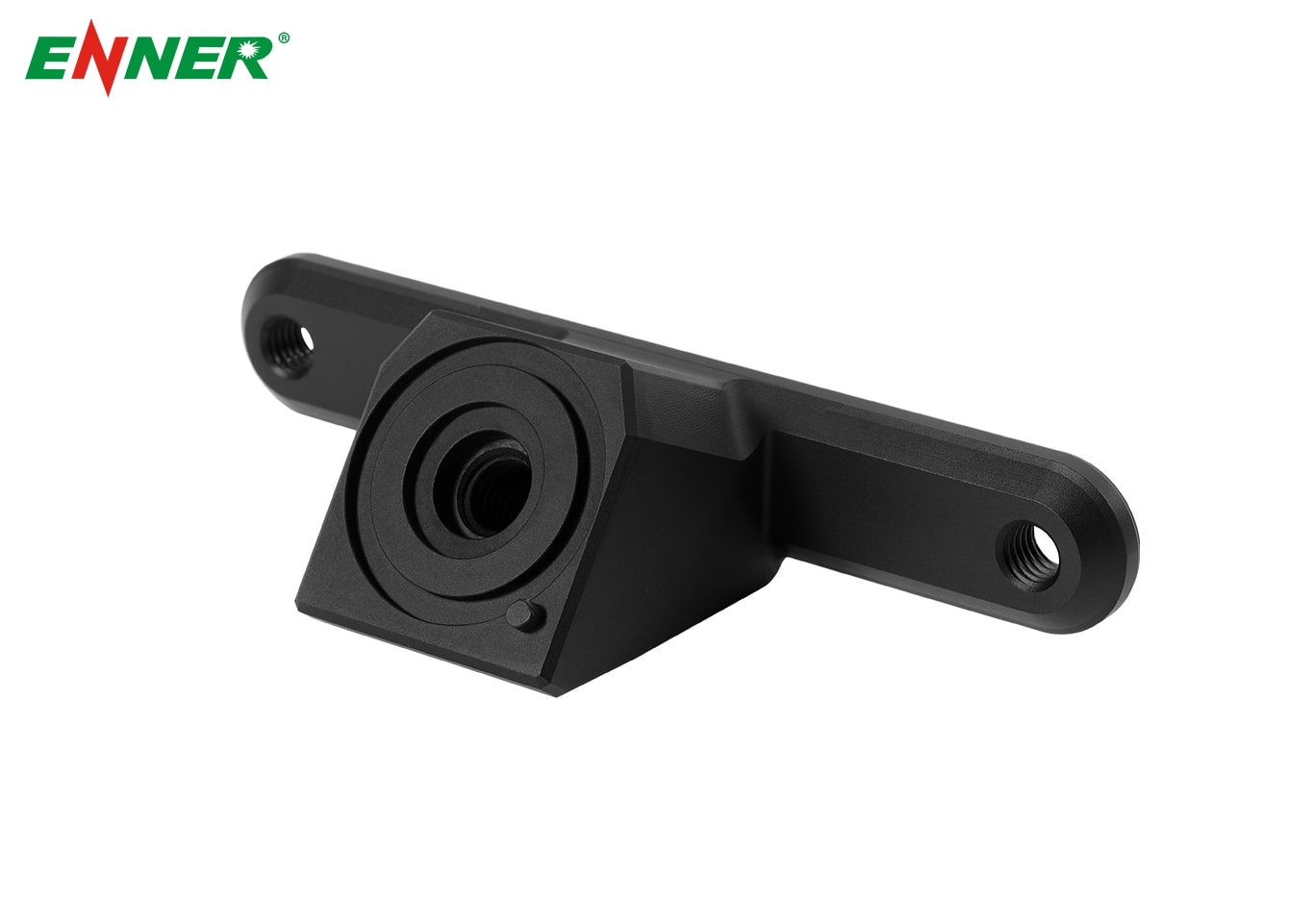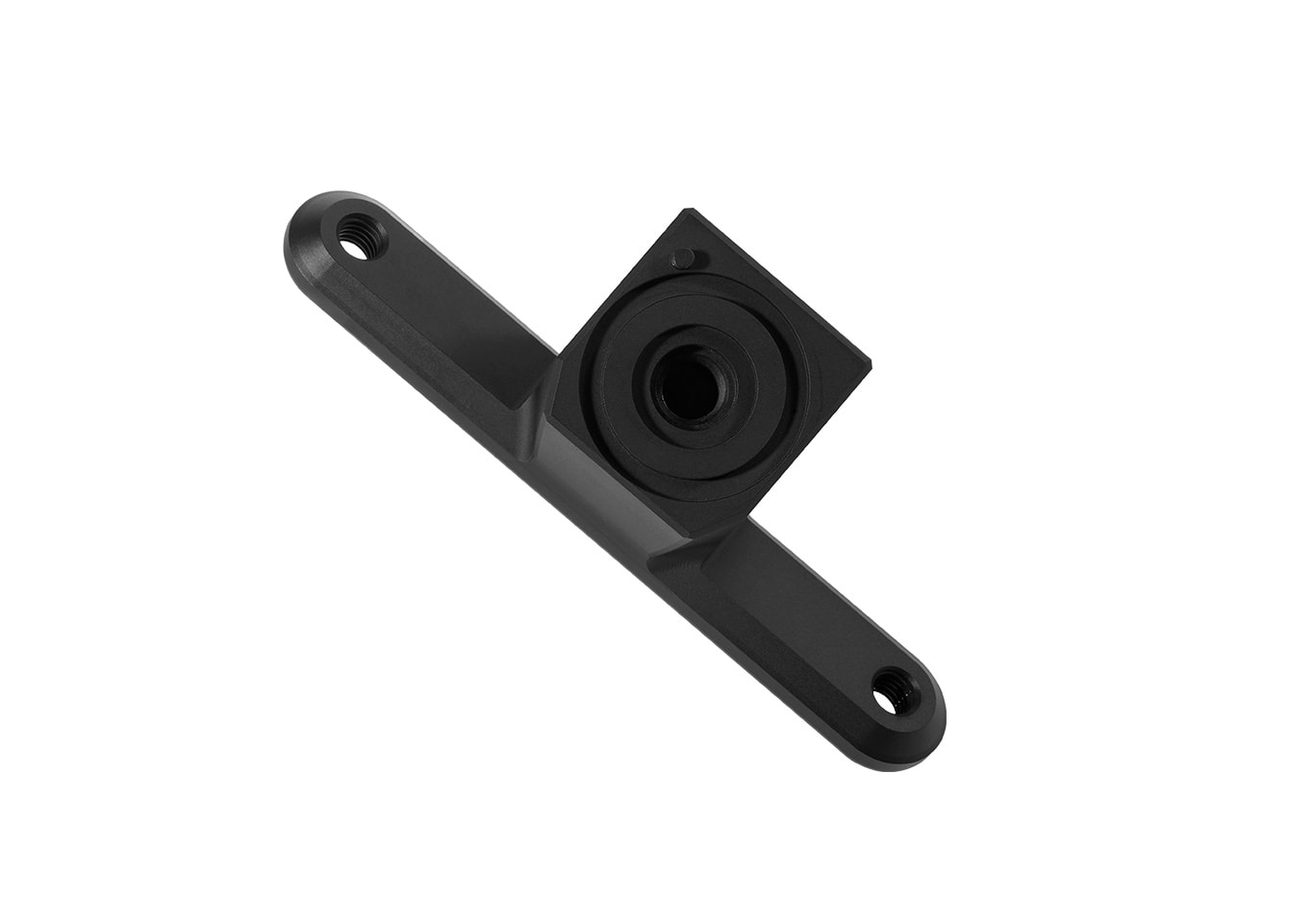Precision manufacturing refers to the process of producing highly accurate and detailed components through the use of advanced machinery and technology. In industries where tight tolerances and exact specifications are crucial, precision manufacturing ensures that parts are made with the utmost accuracy, often down to microns (one-millionth of a meter). This type of manufacturing is essential for creating components used in aerospace, automotive, medical devices, electronics, and many other sectors where precision is critical to functionality and safety.

High Tolerance Levels : The hallmark of precision manufacturing is the ability to produce parts with extremely tight tolerances, often in the range of ±0.001 mm or smaller. These tolerances are critical for parts that must fit together perfectly or function in environments where even the slightest deviation could lead to failure.
Advanced Machinery : Precision manufacturing relies heavily on advanced technologies such as CNC (Computer Numerical Control) machines, laser cutting, and EDM (Electrical Discharge Machining). These machines are capable of executing complex designs with minimal human intervention, ensuring consistent quality and accuracy.
Quality Materials : The use of high-quality materials is essential in precision manufacturing. These materials must be durable and capable of withstanding the stresses and conditions of their intended applications. Metals such as aluminum, steel, titanium, and specialized alloys are commonly used due to their strength and reliability.
Computer-Aided Design (CAD) : Precision manufacturing begins with detailed digital designs created using CAD software. CAD allows engineers to create intricate models with exact measurements and specifications, ensuring the manufacturing process is aligned with the design requirements from the start.
Automation and Repeatability : Precision manufacturing often involves automation to ensure consistent results. Automated CNC machines and robotic systems are used to replicate the exact movements and processes required to produce identical parts in large quantities without deviation.
Precision manufacturing is essential in a wide variety of industries where accuracy is non-negotiable. Some of the most common applications include:
Aerospace : I n the aerospace industry, precision parts are required for aircraft engines, landing gear, and control systems. Even a slight imperfection could compromise the safety and performance of the entire aircraft.
Medical Devices : Surgical instruments, implants, and diagnostic devices must meet strict standards for accuracy and hygiene. Precision manufacturing ensures these devices perform reliably and safely during medical procedures.
Automotive : In the automotive sector, precision manufacturing is used to create engine components, transmission parts, and braking systems, all of which require exact measurements to function correctly.
Electronics : The miniaturization of electronics has increased the demand for precision manufacturing. Components like microchips, connectors, and circuit boards must be produced with the highest accuracy to ensure optimal performance.

Consistency : Precision manufacturing allows for the production of parts that are consistent in size, shape, and quality, even in high volumes. This repeatability is essential for industries that rely on mass production of identical components.
Reduced Waste : By producing parts with exact measurements, precision manufacturing reduces material waste. This efficiency translates into cost savings and more sustainable manufacturing processes.
Improved Performance : Precision parts are designed and manufactured to perform optimally under specific conditions, leading to better performance and longer lifespans of products.
Faster Production Times : With automated CNC machines and computer-controlled processes, precision manufacturing allows for faster production times without sacrificing quality, making it ideal for industries with tight deadlines.
Precision manufacturing is at the heart of modern industries that require high accuracy and dependability. Through advanced machinery, skilled engineers, and rigorous quality control, precision manufacturing ensures that critical components are produced to exact specifications, meeting the demands of today’s high-tech world.
At ENNER , we provide high-quality CNC machining parts and accessories to meet the needs of various industries. Our commitment to precision and excellence ensures that our products meet the highest standards, helping you achieve success in your manufacturing projects.
By continuing to use the site you agree to our privacy policy Terms and Conditions.